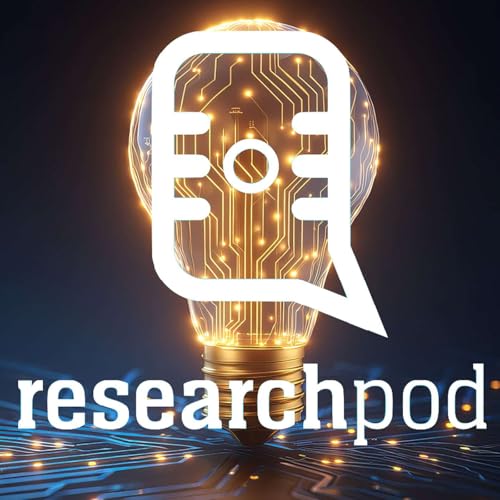Join Professor Michele Barbour for an energising and deeply insightful conversation with Dr Luke Cox, CEO of Impulsonics, a University of Bristol spin‑out transforming how cell handling and automation are done in biotechnology.
What begins as an exploration of Luke’s journey from engineering undergraduate to PhD researcher becomes an exhilarating story of invention, grit, and entrepreneurial drive. From early work in acoustic levitation to co‑developing a novel “impulse control” technology, Luke unpacks how a speculative research project evolved into a breakthrough method for moving millions of cells simultaneously — enabling automation where traditional tools have long failed.
Discover how Luke navigated the risks, setbacks, and thrill of taking on the role of CEO while spinning out a deep‑tech company; how customer discovery reshaped their market focus; and why Impulsonics’ modular, ultrasound‑based approach could unlock scalable personalised medicine, reduced lab waste, and new possibilities in drug discovery.
This is a candid discussion about ambition, risk engineering, accidental luck, and finding the “beachhead market” that biologists have needed for decades — all told with Luke’s characteristic insight, humility, and humour.
In this episode
- From engineering undergrad to PhD researcher: discovering acoustic levitation
- The origins of “impulse control” and its biocompatible applications
- Why automation in biotechnology breaks down — and how Impulsonics bridges the gap
- Building prototypes, identifying markets and finding early‑stage grant funding
- Becoming CEO: translating between tech, biology, and business
- How automation could enable precision functional medicine
- The role of AI: hype, data quality, and industry realities
- Storytelling, improv theatre, and becoming unafraid to ask “stupid questions”
- Advice for early‑career researchers and aspiring entrepreneurs
🌐 About the Enterprise Sessions
The Enterprise Sessions bring together founders and researchers to share candid insights on spin-outs, start-ups, raising capital, and translating research into real-world impact. Our goal? To inform, inspire, and challenge myths about research commercialisation.
👍 Like, Share, Subscribe
If you enjoyed this episode, please like and share! Explore more at University of Bristol Enterprise Sessions and subscribe to our YouTube channel for future episodes.
Connect with our Guests:
Dr Luke Cox – LinkedIn
Prof Michele Barbour – LinkedIn
Chapters
0:00 – Introductions
0:34 – From engineering student to acoustic levitation researcher
3:20 – How ultrasound manipulates millions of cells
5:25 – Exploring the potential of ultrasound and technology
9:00 – How the culture of innovation in Bristol inspired Luke
13:08 – Creating a product useful for the target audience
18:22 – Finding direction through the ICURe programme
22:47 – How cell passaging became the perfect first market — and how Impulsonics automates it
27:10 – Leadership, learning to translate across disciplines, and choosing not to bring in an external CEO
32:29 – Navigating grants, investors, risk engineering, relationships, and the realities of building hardware and biology together
42:28 – How Impulsonics’ technology could enable patient‑specific drug testing and more sustainable labs
46:19 – The founder mindset
51:45 – Advice for early‑career researchers
 1 hr and 5 mins
1 hr and 5 mins 11 mins
11 mins Dec 10 202526 mins
Dec 10 202526 mins Nov 28 202527 mins
Nov 28 202527 mins Nov 28 202516 mins
Nov 28 202516 mins Nov 28 202516 mins
Nov 28 202516 mins Nov 19 202550 mins
Nov 19 202550 mins 52 mins
52 mins
